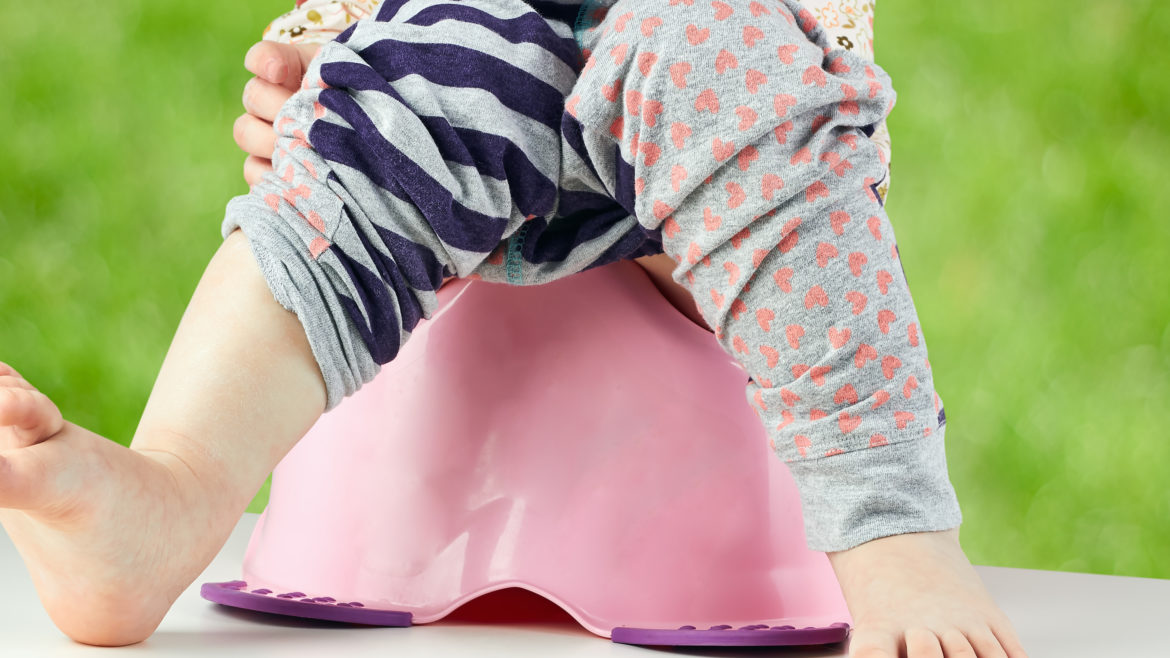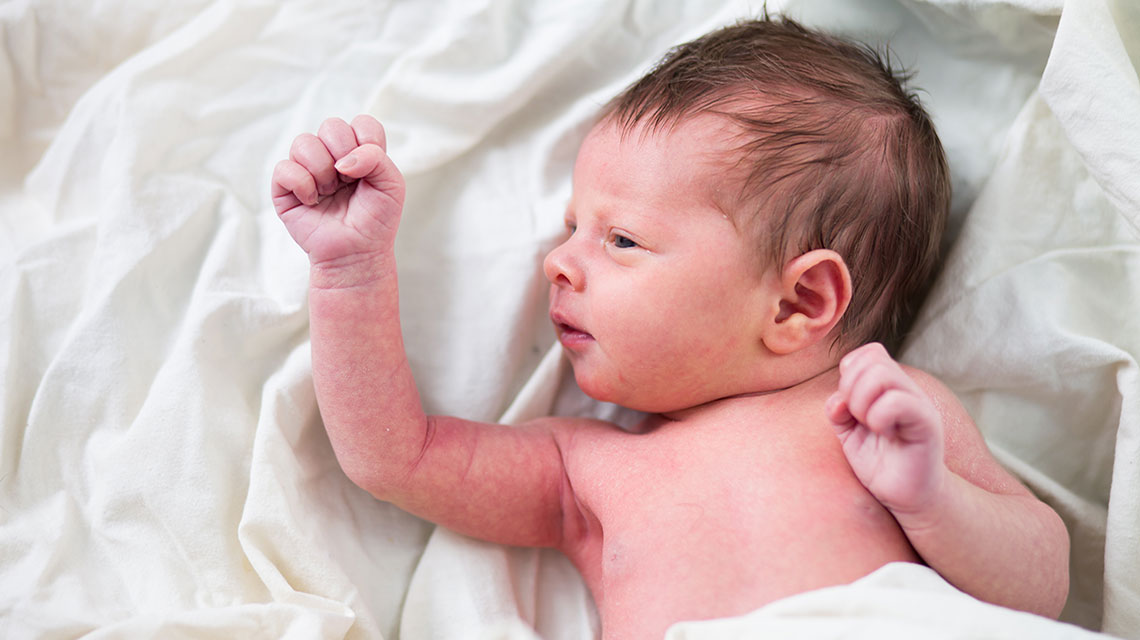Is There a Role for D-Mannose, Cranberry or Probiotics in Preventing Pediatric UTIs?
Is There a Role for D-Mannose, Cranberry or Probiotics in Preventing Pediatric UTIs? https://pediatricsnationwide.org/wp-content/uploads/2020/01/AdobeStock_72248222-1024x683.jpg 1024 683 Deborah L. Ungerleider, MD, FAAP https://pediatricsnationwide.org/wp-content/uploads/2021/10/Deborah-Ungerleider-MD-photo.jpgAlternatives for prophylaxis of UTIs in children may help reduce antibiotic overuse. Preventing urinary tract infections (UTIs) in children is important, as multiple UTIs can lead to scarring of the kidneys, which can then lead to hypertension or end-stage renal disease.1 UTIs in children are generally treated with antibiotics, which are sometimes also used for…





